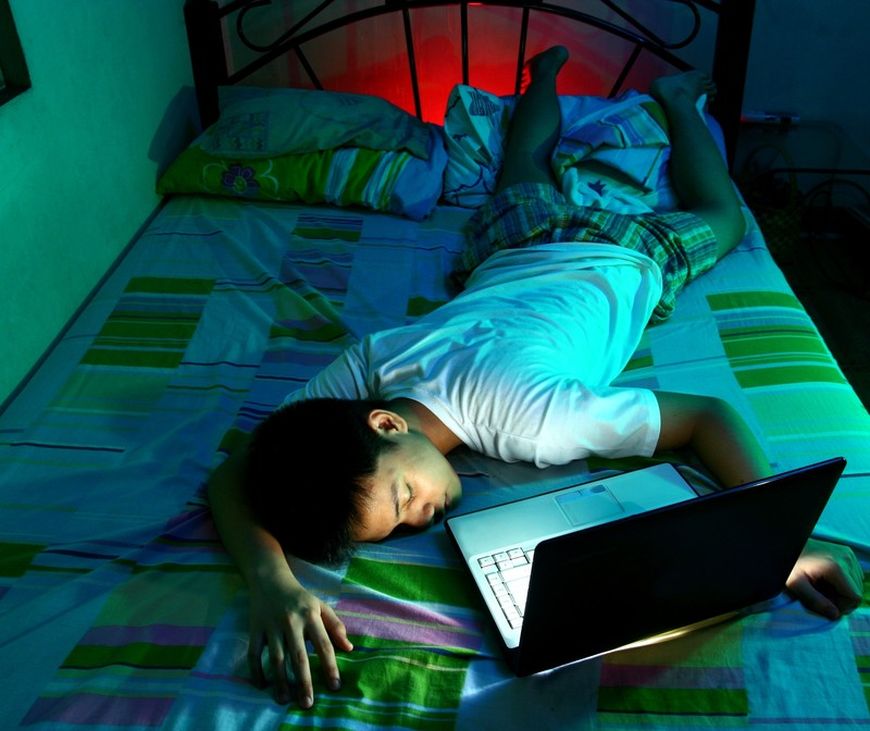The biggest concern that parents are having recently is about their teenagers using so much of their time watching television or in front of computers (or mobile devices). Most healthcare and psychologists agree that kids between the ages of 12 and 15 should not be spending more than two hours daily with their devices.
Many healthcare providers are quite concerned about this because lifestyle challenges such as obesity, high cholesterol levels, as well as high blood pressure are all associated with spending longer times in front of computers or watching televisions. If not monitored such symptoms and behaviors can be carried along into adulthood by the growing youths. The NCHS (National Center for Health Statistics) just produced the results of a 2012 research done by NHANES (National Health and Nutrition Survey) and NYFS (National Youth Fitness Survey) and here are some interesting results.
Watching TV and Using Computers Daily

source:youtube
It is reported that at least up to 98.5% of youths are sitting in front of television screens on a daily basis, and slightly more than 91% are said to be daily users of computers in the last month. A good number of teenagers were spending within the two hours in a day, however at least 35% of them stayed engaged for over two hours. Nearly one-third of the survey participants were reported to have spent less than one hour in front of their screens.
Hispanic and Race origin less or a maximum two hours daily screen time
NHANES (National Health and Nutrition Survey) and NYFS (National Youth Fitness Survey) established that youngsters that could have stayed for less than or at least two hours before a screen largely were found to be those using a computer. Hispanic and white teenagers were established to be watching two hours of television or less while teenagers of black origin spent more time. Hispanic and white teens spent almost equivalent time watching TV or working on computers.
Weight status and 2 hours of screen viewing
A majority of overweight and obese teenagers do not meet the requisite two hours recommended time for spending time in front of any type of screen. The obese ones that accounted for 17% could not pass the test of the recommended time of watching television compared to youngsters who had no weight problems. It was also established that when it comes to working on computers, the youth spent an almost equal amount of time.
NCHS captured data also established that in the US alone, a majority of teens between years 12 to 15 used computers on a daily basis and watching TV doesn’t fall behind. Viewing time was different for teenagers with different background, race and ethnicity. The ratio of black non-Hispanic teenagers who watch TV two hours or less daily was lower compared to Hispanic and White non-Hispanic teenagers.

source:participaction.com
Increase in weight was accompanied by a decrease in television watching or computer use. Percentage of the young who went beyond the recommended two hours viewing time is very high although a majority of teens aged between 12 and 15 were well within the limit. There are serious symptoms associated with too much time spent in front of the screen and the behaviors developed at a young tender age are likely to upset the well-being of the young in the US as they become adults.
Sam Miller, a teen therapist and counselor, suggests that it is important for parents to take the time to explain the cause and effects of how screen time can affect their children. Unfortunately, because so many parents are too busy to do so, many kids are going unchecked as they use their device to fight off boredom.






